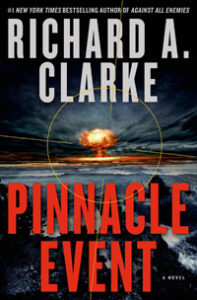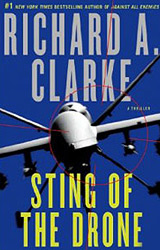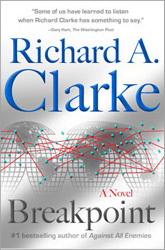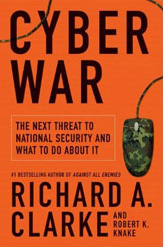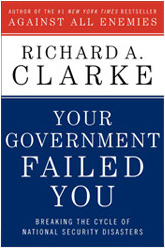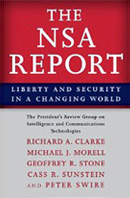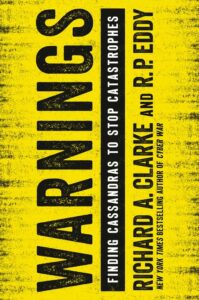New York Times Best selling Author of Cyber War
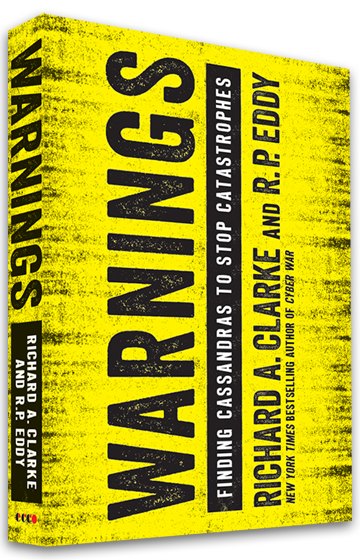
WARNINGS
From President Bill Clinton’s recommended reading list
Amazon #1 Best Seller
Publishers Weekly Best Seller
REVIEWS FROM EXPERTS
ABOUT THE BOOK
Millions of lives lost to catastrophes – natural and man-made – could have been saved by the advance warnings of experts.
Can we find those prescient people before the next catastrophe strikes? Two CEOs and White House national security veterans reveal insider views of previous disasters, chilling insights on today’s threats to mankind, and a prescription to protects us.
In Greek mythology Cassandra foresaw calamities, but was cursed by the gods to be ignored. Modern-day Cassandras clearly predicted the disasters of Katrina, Fukushima, the Great Recession, the rise of ISIS, and many others. Like her, they were ignored. There are others right now warning of impending disasters, but how do we know which warnings are true?
This is the story of the future of national security, threatening technologies, the US economy, and possibly the fate of civilization.
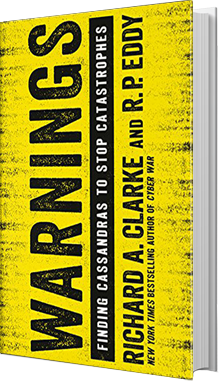
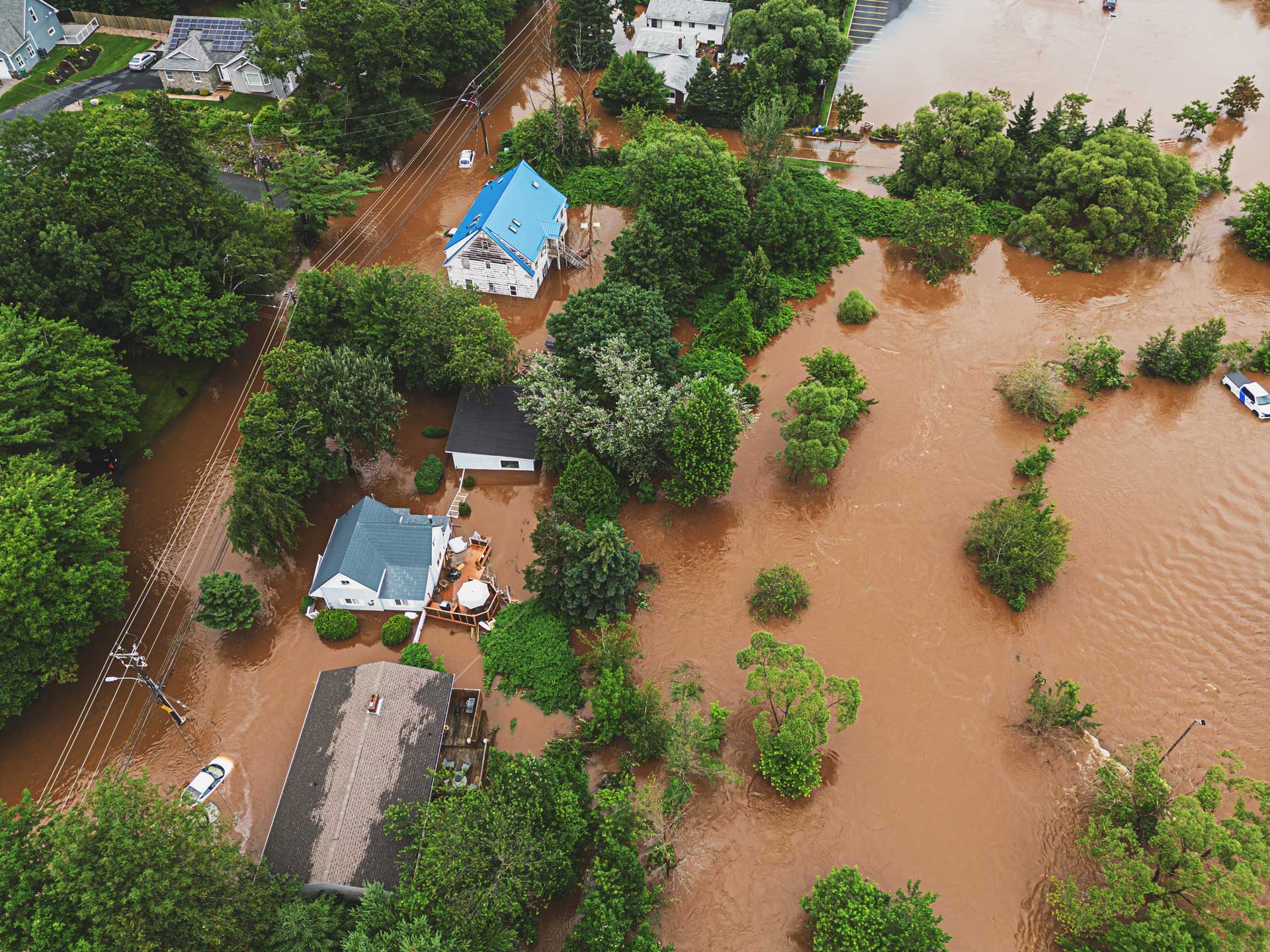
READ CHAPTER EXCERPTS
Excerpts from Richard A. Clarke's Complete Collection
Fiction
Non-Fiction
